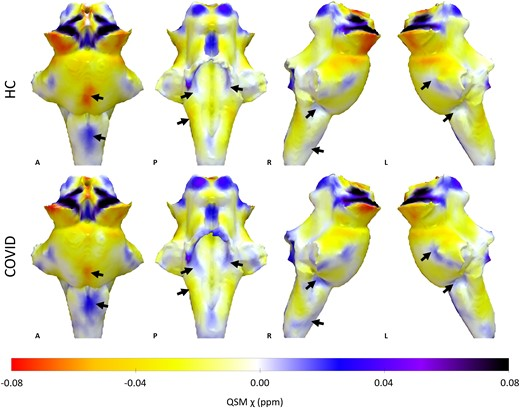this post was submitted on 15 Jan 2025
716 points (98.8% liked)
science
15219 readers
641 users here now
A community to post scientific articles, news, and civil discussion.
rule #1: be kind
<--- rules currently under construction, see current pinned post.
2024-11-11
founded 2 years ago
MODERATORS
you are viewing a single comment's thread
view the rest of the comments
view the rest of the comments

The majority of the NIH’s Recover Cohort (the largest studied cohort of people with Long COVID) was vaccinated.
Recent literature reviews put the risk of getting long COVID at about 10% for vaccinated people and 12% for unvaccinated. So definitely it helps, but it really isn’t a miracle. And the studies showing vaccines had a therapeutic effect on long COVID itself failed replication.
Great. Send the link. Why it’s important, now more than ever, to fact check on the internet
10%/12% compared to what? those are just noise without the reference point. are we talking hospitalized cases? etc? those are already significantly reduced once you get the vaccine vs not vaxed.
if the reference point is after you already have an extremely severe case of covid then no shit it doesnt help by then your body is flooded with the virus. by the time that happens your immune system is already overwhelmed and of course being vaxxed isnt going to help in that scenario the payload in the environment is too high its going to do what its going to do.
Vaccines reduce the chance of a virus from reaching overwhelming loads within the body, if the virus manages to do it anyways then all vaccines do is help speed up the recovery at the point. they don't prevent the damage that can be caused once you hit high loads. they can reduce the severity of the damage by having the loads drop faster but not prevent, at the point you hit high viral loads your stuck with dumb luck for your outcome.